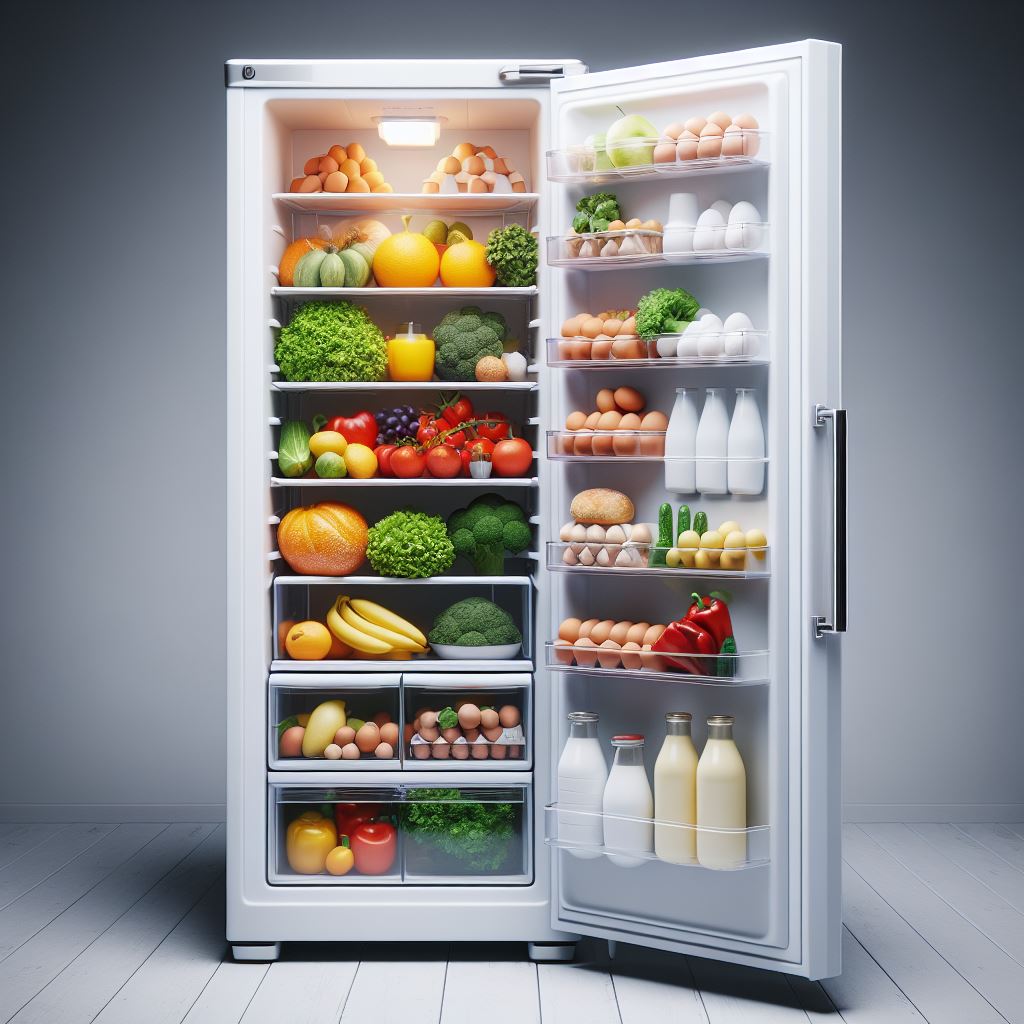Have you ever noticed your refrigerator making strange noises, not cooling properly, or causing your food to spoil faster than usual? These could be signs of a bad compressor. Just like the heart of your refrigerator, the compressor is responsible for keeping everything cool and functioning properly. In this article, we will explore the common signs of a bad refrigerator compressor in simple terms so you can easily identify when it’s time to call for repairs.
Your refrigerator compressor plays a crucial role in keeping your food fresh and cold. When the compressor starts to malfunction, it can lead to various issues that may affect the performance of your appliance. It’s important to be able to recognize the signs of a bad refrigerator compressor so that you can address the problem promptly.
One common sign of a faulty compressor is loud noises coming from the back of your refrigerator. These noises can include banging, clanking, or rattling sounds, indicating that the compressor is struggling to work properly.
Another noticeable sign is when your refrigerator fails to maintain a cold temperature. Even after adjusting the settings, if your food is not as cold as it should be, it could be a sign of a failing compressor.
Frequent cycling of your refrigerator, where it constantly turns on and off, is also a sign of a bad compressor. This can lead to increased energy bills and potential damage to the compressor over time.
Excessive frost buildup in your freezer or refrigerator could indicate a compressor issue. A malfunctioning compressor may not be able to regulate the temperature properly, causing the appliance to work harder and leading to frost buildup.
Water leaking around your refrigerator is another sign of a failing compressor. When the compressor is unable to cool the appliance properly, condensation builds up and leads to water leaks.
If you notice any of these signs, it’s essential to address the issue promptly to prevent further damage to your refrigerator. While some compressors can be repaired, others may need to be replaced entirely. It’s best to contact a professional appliance repair technician to diagnose and fix the issue.
By addressing the problem early on, you can extend the life of your refrigerator and ensure that your food remains fresh and cold. Don’t ignore the signs of a bad compressor – take action to keep your appliance running smoothly.
1. How can I tell if my refrigerator compressor is bad?
If your refrigerator is not maintaining a cool temperature, making loud noises, or constantly cycling on and off, these could be signs of a bad compressor.
2. What are some other signs of a failing refrigerator compressor?
Other signs include a buildup of frost in the freezer, leaking water, or the refrigerator not turning on at all. These issues may indicate a problem with the compressor.
3. Can a bad compressor be repaired or does it need to be replaced?
In most cases, a bad compressor will need to be replaced rather than repaired. It is a complex and vital component of the refrigerator, so it is best to consult a professional technician for advice on the best course of action.
